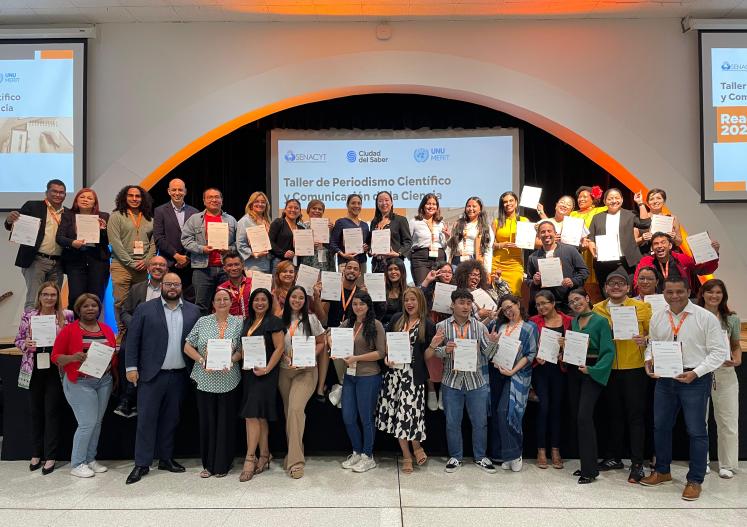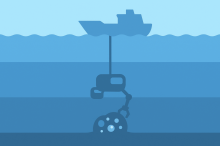In an era where information is everywhere, science communication is essential. That’s why UNU-MERIT’s Reach & Turn 2024 in Panama, an event held last week in collaboration with Secretaría Nacional de Ciencia, Tecnología e Innovación (SENACYT) - which is Panama's National Secretariat of Science, Technology, and Innovation and the City of Knowledge Foundation - was all about empowering science communicators to make research accessible, understandable, and impactful. On 21 October 2024, we gathered participants from across Panama, all committed to bridging the gap between research and the public. Together with Dante Licona, Dr. Carlos Cadena Gaitán, and Dr. Erich de la Fuente, I co-led this workshop with the overarching objective of offering insights on how science can inform, educate, and inspire more than ever before.
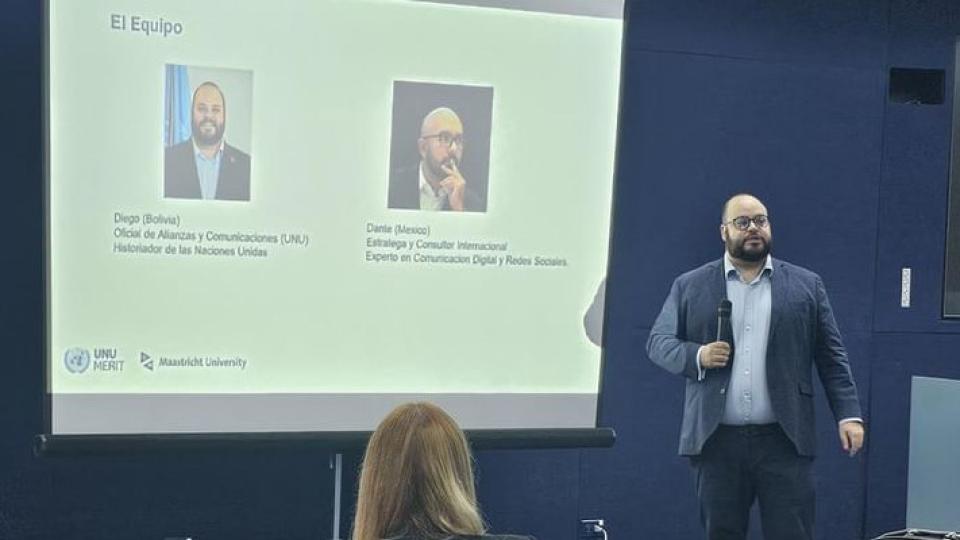
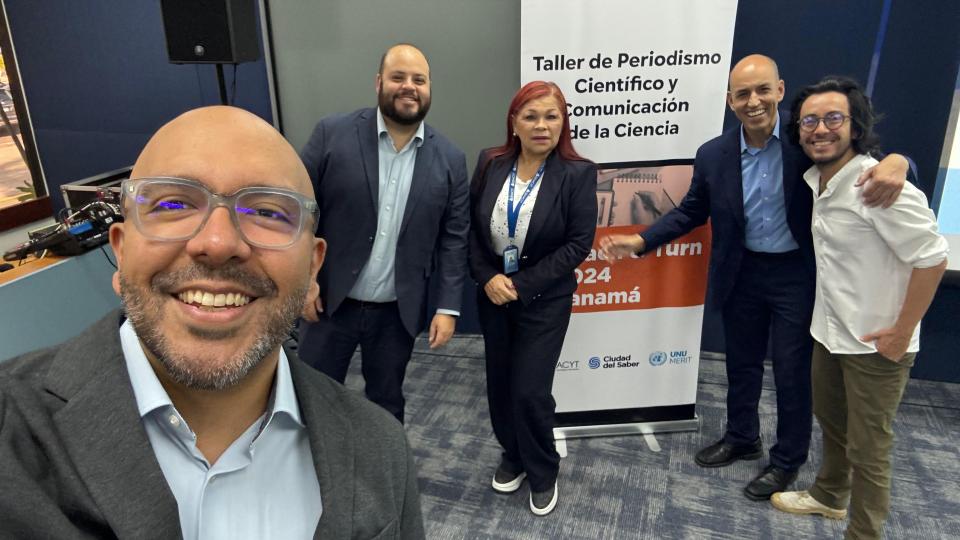
Why Science Communication is More Vital Now Than Ever
Today, social media often amplifies misinformation as much as it does truth. With the power to influence millions, these platforms are both tools and challenges for scientists trying to communicate their work. During the workshop, we stressed that science communication is no longer a final step in research but a critical part of the process itself. By equipping scientists to reach broader audiences and communicate clearly, we help build a culture of trust around important topics like climate action, public health, and urban sustainability. When science communication works well, it enables everyone—from policymakers to citizens—to make informed decisions.
Harnessing the Power of Social Media
One standout aspect of the workshop was Dante Licona’s guidance on using social media for science outreach. Recognizing that social media is a key tool for engaging audiences, Dante highlighted the specific power of LinkedIn. He demonstrated strategies for using LinkedIn to reach professional audiences effectively, whether by sharing research insights, engaging in professional discussions, or building networks. Participants learned how to adapt their communication to different platforms, making their research both relevant and accessible.
Dante also addressed one of today’s biggest technological shifts: artificial intelligence. His session delved into AI’s potential to transform scientific research and communication, as well as the challenges it presents, from ethical considerations to its impact on job markets. His insights gave participants a nuanced view of how AI can be both a tool for outreach and a subject in need of clear communication.
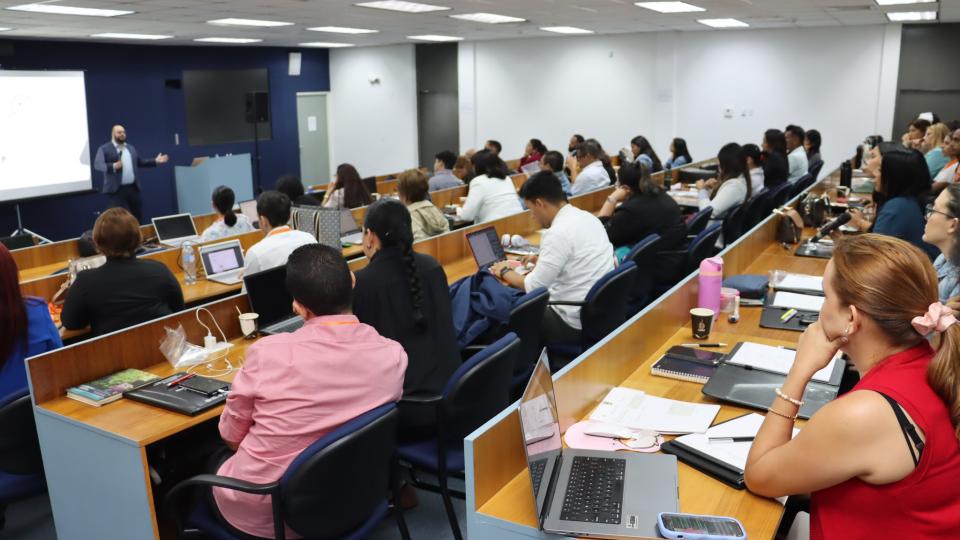
Mastering the Art of Policy Briefs
Dr. Carlos Cadena Gaitán offered a practical approach to transforming complex data into accessible narratives, essential for reaching policymakers. In his session, he introduced participants to the art of policy brief writing—a skill that is vital for translating research into actionable recommendations. Policy briefs provide decision-makers with concise, evidence-based insights they can use, and Carlos guided participants through the techniques needed to write one effectively. From structuring content to using plain language, he emphasized how a well-crafted policy brief can turn research into real-world impact.
In addition, Carlos used his background in sustainability and urban planning to show how data-driven stories can capture public interest. By bringing data to life with relatable examples and visual aids, he empowered participants to communicate science in ways that engage audiences beyond academia.
Practical Media Training
Dr. Erich de la Fuente's session on media engagement focused on preparing participants to communicate science confidently in public forums. Through mock interviews and practical public speaking exercises, Erich gave participants hands-on experience, equipping them with techniques to handle media interactions and communicate research effectively to broader audiences. These skills are crucial for anyone looking to raise awareness about complex issues while remaining clear, concise, and relatable. Watching participants grow more comfortable with these skills was a testament to the value of practical training in science communication.
Key Lessons for the Future of Science Communication
Reflecting on the workshop, a few essential lessons stand out:
- The Power of Partnerships: When researchers collaborate with journalists and communicators, the impact of science extends beyond academic circles. Building these partnerships can make science communication more dynamic and inclusive.
- Using Social Media Wisely: Social media is both a challenge and an opportunity. Learning to use platforms like LinkedIn to promote accurate information can turn the tide against misinformation while making science accessible and engaging.
- Communication as a Core Component of Research: Science communication shouldn’t be an afterthought. Embedding it into research projects from the beginning allows for more impactful and widely understood findings, making science a driving force in society.
Charting a Path Forward
UNU-MERIT’s Reach & Turn 2024 was more than a workshop; it was a reminder that, in today’s world, science communication is as much about building bridges as it is about sharing knowledge. By preparing scientists to reach and engage diverse audiences, we’re not only sharing research but fostering a well-informed, resilient society. As we move forward, the hope is that these skills will continue to empower science communicators to elevate public understanding, inspire change, and ultimately help create a better world.

